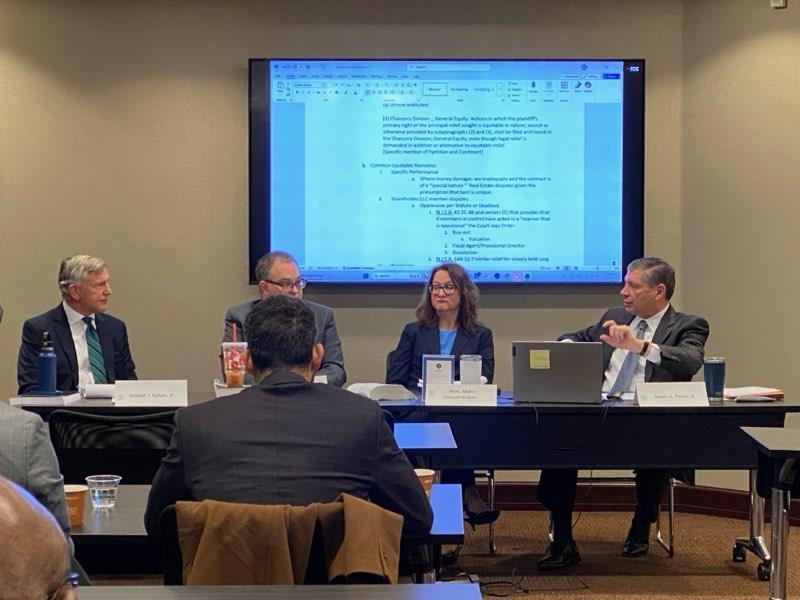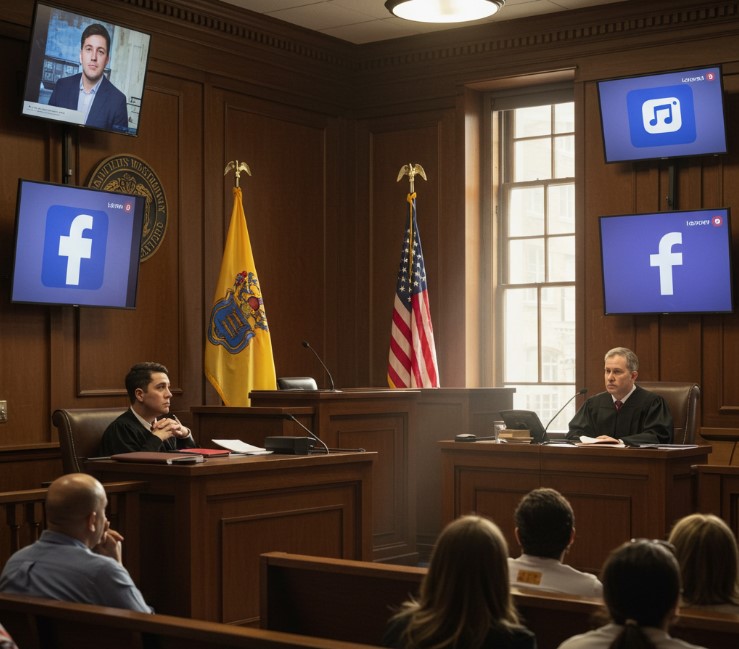Coronavirus and the governmental response to the pandemic will certainly result in the nonperformance of business contracts. Is there any relief from such a breach of contract?
What is Force Majeure?
Some contracts in themselves contain a Force Majeure (French for “superior force”) clause which may excuse nonperformance of a contract. A Force Majeure clause provides a means by which the parties may anticipate in advance a condition that will make performance impracticable.1 A Force Majeure clause conditions a party’s duty to perform upon the non-occurrence of some event beyond its control and serious enough to interfere materially with performance.2 That is, when nonperformance of a contract was caused by an unforeseen event beyond the control of the contract parties.
Force Majeure is sometimes known as an “Act of God” provision. They usually contemplate natural disasters (flood, hurricanes, etc.) and acts by people (terrorism, riots, etc.). A forethinking Force Majeure clause might even include epidemics or pandemics.
At the outset, for Force Majeure to apply, the unforeseen event must be what causes a party not to perform. Despite an unforeseen event, if the event did not cause nonperformance of a contract, then Force Majeure cannot be invoked. Coronavirus may preclude any contractual performance, or it may just affect a portion of the contractual relationship.
A Force Majeure clause must be construed, like any other contractual provision, in light of “the contractual terms, the surrounding circumstances, and the purpose of the contract.” 3 When an unforeseen event affecting performance of a contract occurs, such a clause will be given a reasonable construction in light of the circumstances.4
Whether or not specifically required by a Force Majeure clause, a nonperforming party should provide timely notice of the circumstance to the other contractual parties. Even if the contract does not impose such a notice requirement, notice may affect how a Court applies a Force Majeure clause. The nonperforming party should also make reasonable efforts to mitigate its nonperformance and work around the unforeseen event, as this may also affect application of Force Majeure by a Court.
Does Force Majeure apply to Coronavirus?
First, was the possibility of an epidemic or pandemic contemplated by the Force Majeure clause?
If not, did the Force Majeure clause any generic events such as an “Act of God” or “Act of Government”?5 The current pandemic arguably includes both an “Act of God” (spread of the coronavirus) and “Acts of Government” (government restrictions in response).
What happens if there is no Force Majeure clause in the contract?
The ordinary common-law doctrine of impossibility or impracticability of performance may be invoked. Under the doctrine of impossibility or impracticability of performance, a party is excused from having to perform his contract obligations where performance has become literally impossible, or at least inordinately more difficult, because of the occurrence of a supervening event that was not within the original contemplation of the contracting parties.6
Another potential substitute for a Force Majeure clause is the doctrine of illegality. If the obligations of a contractual party have subsequently been made illegal, then performance may be excused.
What to do?
- Review your contracts for the existence of a Force Majeure clause.
- Notify counterparties.
- Attempt performance and document impediments to performance.
- Coronavirus may preclude all contractual performance, or it may just affect a portion of the contractual relationship. Don’t assume the former and prepare for the latter.
- Do not rest on laurels by thinking Force Majeure will save the day. It is a defense to a breach of contract.
Alan L. Poliner of Davison Eastman Muñoz Paone, P.A. is an experienced litigator, primarily of complex commercial and business disputes
1 Facto v. Pantagis, 390 N.J. Super. 227, 231–32, 915 A.2d 59, 61–62 (App. Div. 2007) citing See 8 Corbin on Contracts § 31.4 (Perillo rev. 1999).
2 Ibid.
3 Marchak v. Claridge Commons, Inc., 134 N.J. 275, 282, 633 A.2d 531 (1993)
4 See FN 1.
5 Current and possible future restrictions by local, state and federal governments can preclude performance when contract performance would violate a restriction.
6 Capparelli v. Lopatin, 459 N.J. Super. 584, 212 A.3d 979 (App. Div. 2019).















